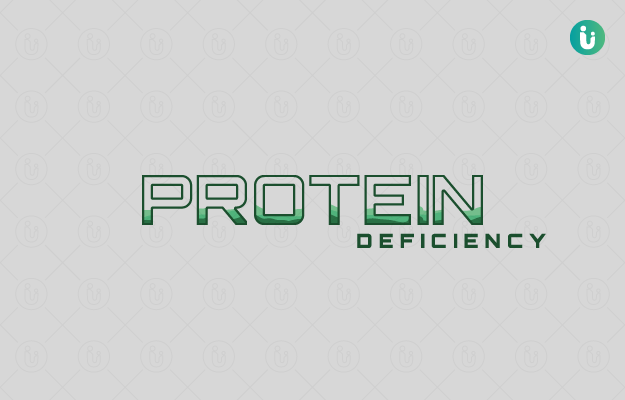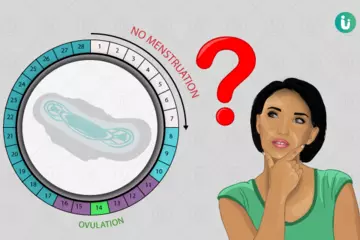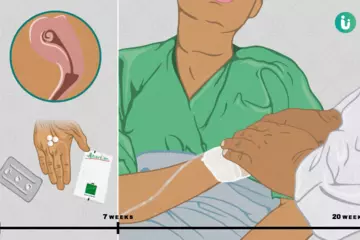What is Protein Deficiency?
Proteins are the building blocks of the human body. Deficiency of protein is a very common condition, especially among vegetarians and vegans. It is estimated that millions of adults and children suffer from this condition as they fail to meet the required amount of daily protein intake from their diet. Kwashiorkor is a severe kind of protein deficiency and is very common in children.
What are its main signs and symptoms?
Proteins are one of the most important nutrients required by the human body for the production of hormones and enzymes and the building of tissues. Lack of protein can result in stunted growth in infants and children. Some of the common signs and symptoms associated with this condition are:
- Accumulation of fluid under the skin giving a swollen or puffy appearance. This is a specific sign of kwashiorkor.
- Failing to meet the required protein intake can also result in impaired production of lipoproteins, which transport fat in the body. Such a condition results in obesity and often leads to fat getting deposited in the liver, which in extreme stages, can result in liver failure.
- Proteins are an integral part of the structure of the skin, hair and nails. Protein deficiency can result in hair loss and dry, flaky skin. Whitening or ridges on the nails also characterise protein deficiency.
- Fatigue.
- Muscle and joint pain.
- Muscle wasting.
What are the main causes?
The deficiency of proteins can be due to inadequate intake of protein from an unbalanced diet or even due to certain disorders in the body, which result in proteins not being synthesised or utilized properly. The main causes of protein deficiency or hypoproteinaemia are listed below:
- Malnutrition
The major cause of protein deficiency in developing or underdeveloped countries is malnutrition, where the diet lacks the proper amount of protein required by the body. - Malfunctioning kidney
Malfunctioning of the kidneys can also result in the protein being excreted out of the body, as the nephrons of kidneys are damaged and fail to prevent the protein from leaking out into the urine. - Underlying medical conditions
Inflammatory bowel diseases like ulcerative colitis or Crohn’s disease, which damage the intestine and prevent the absorption of proteins.
How is it diagnosed and treated?
On seeing the signs of protein deficiency in a person, the physician may order a blood test to assess protein level in the body, along with liver and kidney function tests.
A balanced diet is one of the first steps to regain the protein required by the body. A diet chart is made according to the person’s weight and the severity of the condition. It lists the required intake and items to be eaten daily. Red meat is a rich source of protein for non-vegetarians. For vegetarians, nuts, seeds, soy, lentils and beans are advised to be included in their diet. Certain supplements and medications are also prescribed for serious cases.
In cases where an underlying disease is a reason for protein deficiency, correcting the condition along with protein supplementation is the treatment of choice.

 Doctors for Protein Deficiency
Doctors for Protein Deficiency  OTC Medicines for Protein Deficiency
OTC Medicines for Protein Deficiency



















